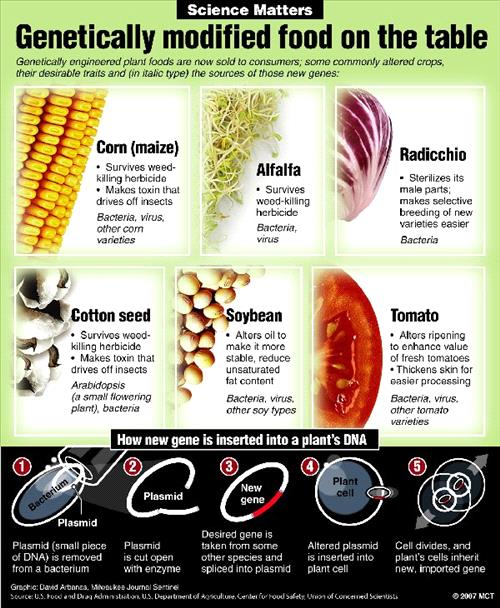-
Top Stories -
Most Popular
-
Jordan lifts ban on exporting food commodities
-
Death toll in Gaza rises to 34,305
-
18 injuries in two-vehicle crash in Mujib area
-
Singer dies midway through concert after tripping on dress
-
Emotional chickens get red-faced too, study reveals
-
Exceptional rainy condition covers 12 countries, includes Jordan, lasts for more than 10 days
-
German government nudges up 2024 growth forecast
-
Oil eases as US demand concerns outweigh Middle East fears
-
Jordan Customs thwarts smuggling of 700,000 nutritional supplement capsules
-
EU, Center for Strategic Studies host “Road to Schuman” conference
-
Customs department thwarts cigarette smuggling attempt
-
Number of arrivals to Jordan via low-cost, regular flights declines by 50%
-
JIACC: Customs employee detained after embezzling JD48,250 within 4 months
-
Oil settles slightly higher as Iran plays down reported Israeli attack
-
Army carries out 7 airdrops on Gaza with international participation
-
Jordanian tourism departures surge by %25.3
-
Warm weather almost countrywide on Saturday
-
Kuwait Ambassador: Volume of Kuwaiti investments in Jordan amount USD 20 billion
-
Madaba Governorate prepares to welcome King on Monday
-
COVID patient’s infection lasts record 613 days
Draft law to regulate import, sale of genetically modified food
18-06-2013 09:49 AM
Ammon News - by Hana Namrouqa |
- no comments
Ammon News reserves the right to delete any comment at any time, and for any reason, and will not publish any comment containing offense or deviating from the subject at hand, or to include the names of any personalities or to stir up sectarian, sectarian or racial strife, hoping to adhere to a high level of the comments as they express The extent of the progress and culture of Ammon News' visitors, noting that the comments are expressed only by the owners.
| name : * | |
| comment : * | |







 comment replay
comment replay 